Steve Biddulph has got a bee in his bonnet. Or at least he did have, which is what prompted the 71-year-old retired psychologist and hugely successful parenting author to get stuck into writing his latest book.
Wild Creature Mind, Biddulph’s 10th – and likely final – book, follows years of research by leading neuroscientists. The studies, led by UK brain researcher Iain McGilchrist, discovered that we have two minds (like the left and right side of the brain) – the thinking mind and the animal mind – but the latter has fallen silent in modern humans. And, in the midst of a global mental health crisis, where anxiety and depression are skyrocketing, Biddulph says we desperately need to reawaken this side of ourselves for the sake of future generations.
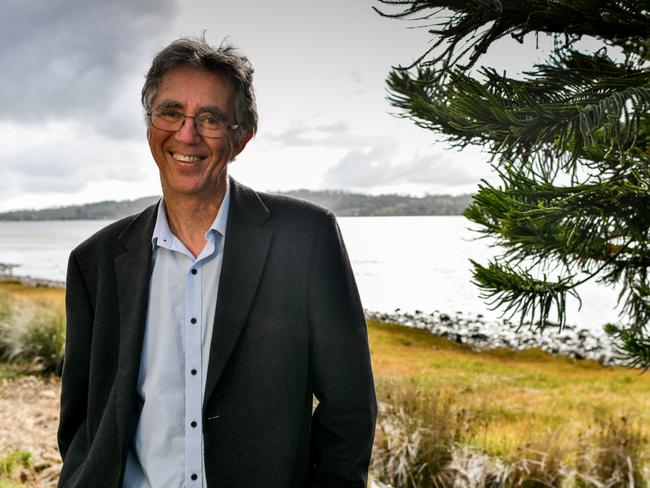
“Wild Creature methods are really the biggest breakthrough in neuroscience since the “unconscious” was discovered a century ago, and the brain researchers think our whole civilisation needs a reset in how we learn to use our minds properly,’’ Biddulph says.
Biddulph explains that we have our normal mind, which overthinks, rattles about and gets defensive. And we have the real us – our complex, super-intelligent Wild Creature Mind, full of life, insight and empathy. These two minds are meant to work as a team, but in our busy modern society, we’ve all but forgotten how to listen to our Wild Creature Mind.
The book delves into the science, in Biddulph’s trademark easy-to-understand way, and provides practical strategies that can help children, teens and adults tap into their animal brain, and lead happier, healthier and calmer lives.
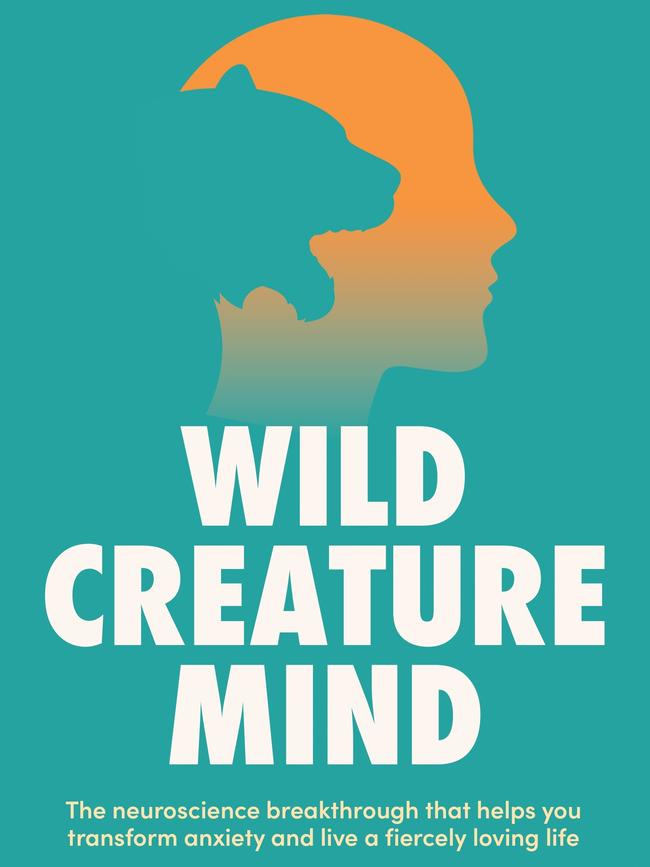
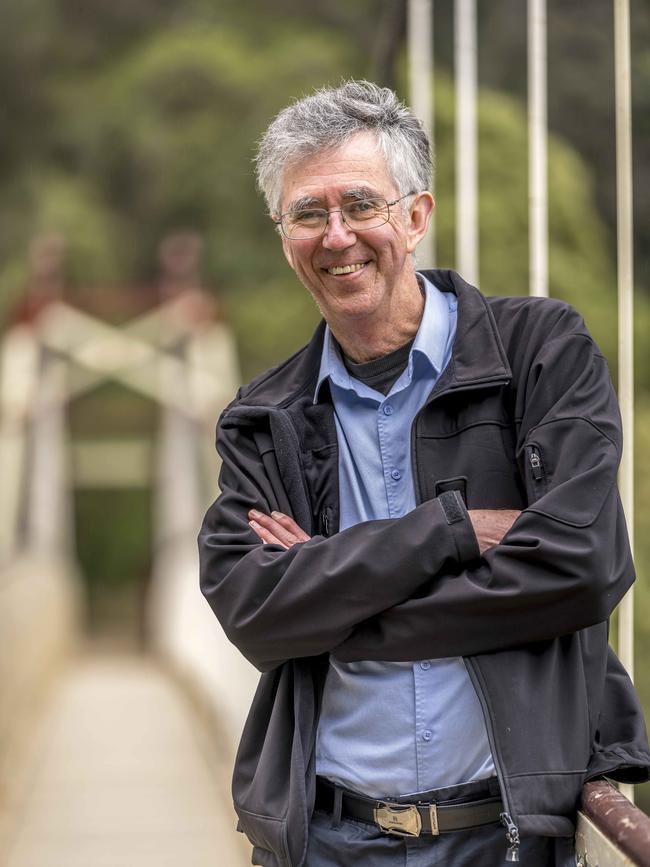
A passionate advocate for helping people to live better, Biddulph – who lives by the Tamar River in Launceston – was compelled to write Wild Creature Mind as part of his journey into what he calls his “Decade of Farewell” as he edges closer to the end of his life.
It’s not something Biddulph refers to in a morbid or negative way, but rather an understanding that he will one day be saying goodbye to this life.
The Decade of Farewell concept came to him while attending a silent meditation retreat in Launceston, inspiring him not to leave things “unsaid or undone” and to give “everything one possibly could to those who I would leave behind”.
“There is a world to save, and all my generation should be on about helping with that,” Biddulph says.
Wild Creature Mind is part of that mission and purpose.
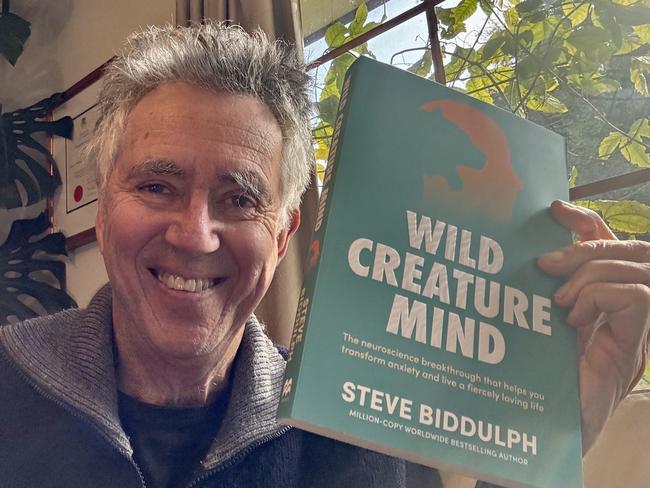
It is being hailed as Biddulph’s final book. But after a hugely successful career – he has sold more than six million books which have been translated into 32 languages, and he also shares his messages with hundreds of thousands of parents and teachers through his live talks and thriving online community – will Biddulph really be able to step away from writing?
Or, I ask, will it be like John Farnham’s The Last Time Tour, which wasn’t actually the singing great’s final tour.
“I love John Farnham!,’’ Biddulph enthuses.
“He has wonderful stagecraft which I admire a lot.
“I sincerely always think – ‘This book will be my last’ – as it is a lot of work. The books always come from what my mum used to call ‘getting a bee in your bonnet’. Something just wasn’t right in the world, and I just wanted to fix it. So 40 years ago my very first book,
Secrets of Happy Children, aimed to stop people shouting and hitting children, and calling them terrible things like ‘useless’, ‘no good’, ‘stupid’. To help make childhood more warm and safe. The next book, The Making of Love, was written because some dear friends went through a painful divorce, and my wife Shaaron and I just wanted to make couples’ lives happier. And so on. I really thought I was finished writing, but this remarkable new discovery by neuroscientists, that we have actually two minds, was so staggering, and so helpful, that I thought it might help the mess the world is in.’’
That “mess” is something the 2000 Australian Father of the Year has come to understand plenty about throughout his career, in his roles as a parent, grandparent, psychologist, author, speaker, and activist.
With best-selling titles including Raising Boys, Raising Girls, The New Manhood and 10 Things Girls Need Most, Biddulph’s books have influenced the way we, as a society, look at childhood, and especially the development of boys and men. He has won a string of awards, including being named a Member of the Order of Australia, in 2015, for his work in youth mental health.
Biddulph was born in the UK, and migrated to Australia in 1963, when he was nine years old. He graduated from Melbourne University with a science degree, followed by an honours degree in psychology at the University of Tasmania. His first psychology job was as a guidance officer with the Education Department of Tasmania in 1976, and the following year Biddulph headed a study of the effects of unemployment on young people, for the Department of Employment, which formed the basis of the Community Youth Support Scheme; rolled out across Australia to counter the effects of 20 per cent unemployment among young people at the time.
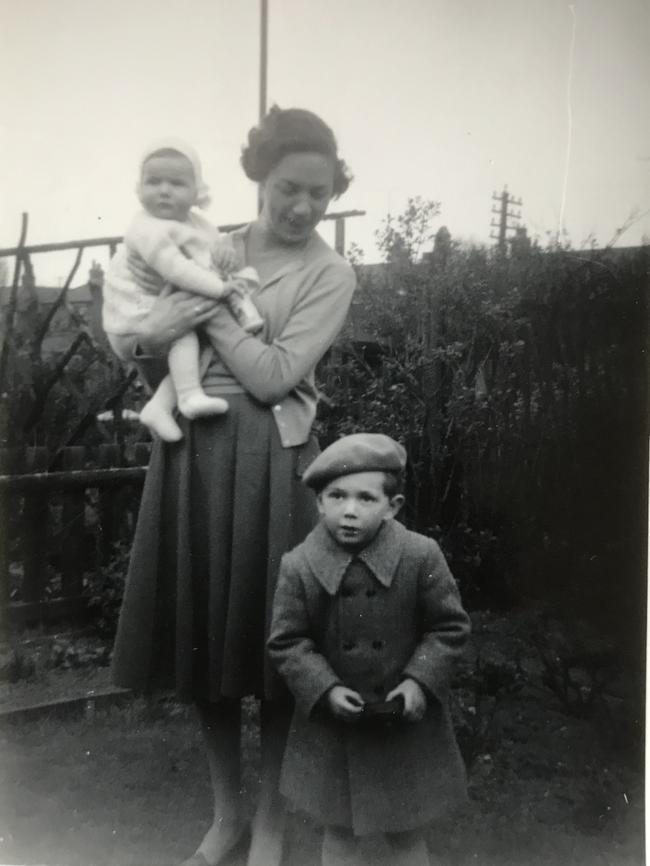
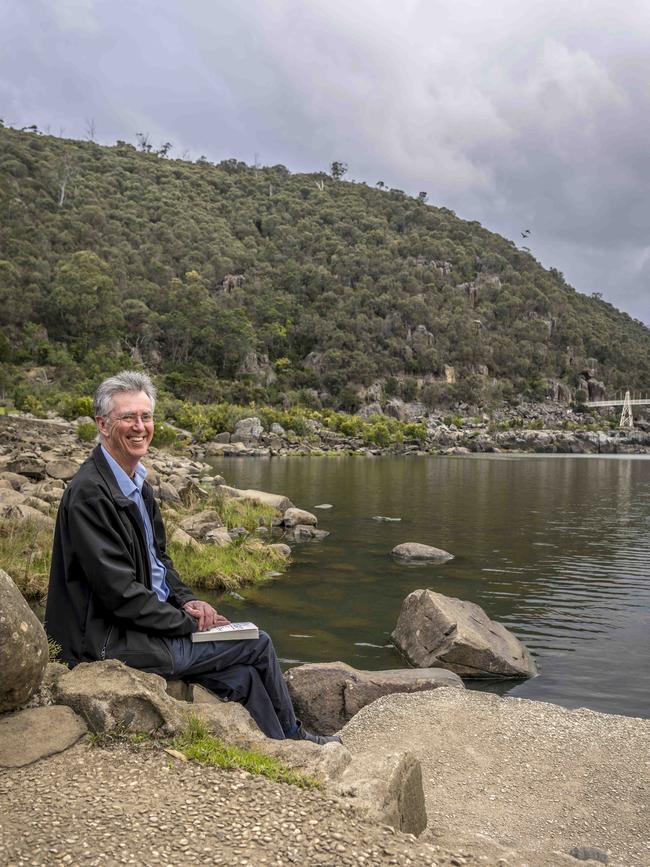
Biddulph was then recruited for a position at the Wellington Street Clinic, by Dr Murdoch McKenzie, a paediatrician who was pioneering the use of family therapy for childhood problems in Launceston. Biddulph worked at the clinic for five years, helping hundreds of families, and in 1980 he won a Churchill Fellowship to study group and family therapy, and the non-drug treatment of young people with schizophrenia, in the US.
Biddulph then moved into private practice – he ran a low-cost therapy service in disadvantaged suburbs, worked as an adult literacy convener and moved to Hobart to work as a counsellor for Vietnam veterans.
Supported by his wife Shaaron, a social worker, Biddulph took a year off to write The Secret of Happy Children, which remains in print today.
More books followed, including Raising Boys, which led Biddulph to become a global speaker, addressing parents and teachers as a consultant to many of the world’s leading schools about education for boys.
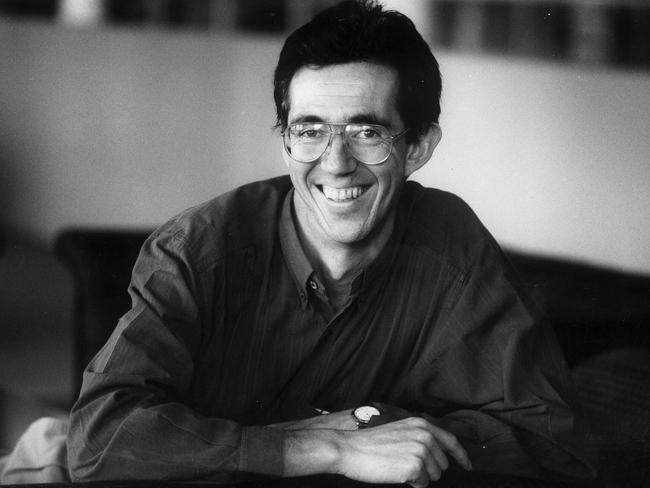
Biddulph has previously referred to himself as a “stand-up psychologist” – he is known to make his audiences laugh, and cry, and his ability to make difficult topics relatable has endeared him to an army of followers as he has shared his knowledge in countries including the UK, South Korea, the US, Brazil, China, South Africa, New Zealand and Australia.
And through this work, Biddulph’s attention has been drawn to the troubles that plague families and individuals in the fast-paced modern world, with self harm, eating disorders, suicide, intergenerational trauma, disillusionment and fear for the future among major concerns.
Biddulph says figures show as many as one in three young people find the world we are living in almost impossible to bear.
“We have a planetary emergency of which anxiety is just one symptom,’’ Biddulph says.
“People are so frightened they follow demagogues, and our lives are so rushed we become numbed to our own insides. And the weather patterns are going so off the scale that famine and fire are spreading everywhere. Who wouldn’t be anxious?’’
So, Biddulph says, he looks for ways to reach large numbers of people. And for him, writing books has been the way to do that. He prides himself on producing thought-provoking books suitable for people of all education levels.
“I come from ordinary working class roots in the north of England,’’ Biddulph explains.
“I saw how poverty really makes it very hard to get a good start. So I have a strong sense of injustice, how big money shapes our government and today is really wrecking our world. So I write books that you don’t need to have lots of schooling to be able to read. That lift people up, so they feel proud of how they raise their kids, and love their spouse, the real achievements in life. And show that the enemy is not our loved ones, but the forces set against us. Industries and corporations that have too much power, such as gambling or fossil fuel industries, whom governments are cowardly in standing up to. The methods in Wild Creature Mind are not aimed at sedating us, but in making us fierce but loving, which this generation really is going to need.’’
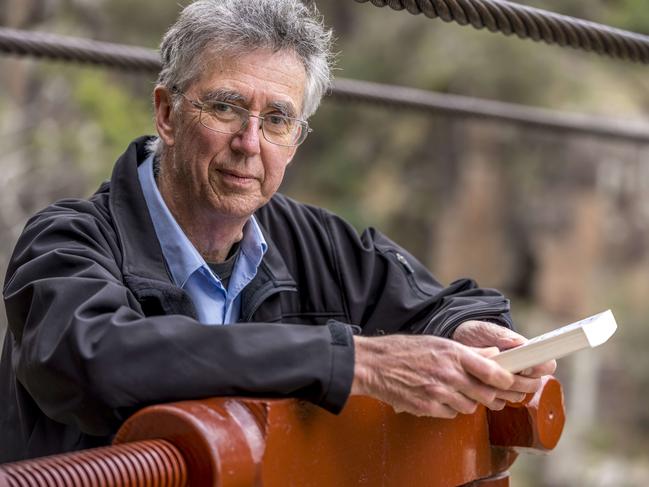
Biddulph says the science is “quite astonishing”, yet incredibly simple to understand and implement.
“If you hold a brain in your hands, from any animal or human, even a bird or a fish, it is in two halves,’’ Biddulph explains.
“You can open them, like sharing an orange on a summer’s day. The two brain hemispheres are only joined at the very bottom. Iain McGilchrist, who was the UK’s top psychiatrist and very involved in working with severely brain damaged people, found that the old ideas about our left hemisphere being logical, and our right brain being emotional and even ‘feminine’, were quite wrong. Our left brain – where we do our thinking in words, is actually very prone to getting trapped in overthinking, rattles about and gets defensive, and is rather egotistical and is the side that gets angry. Our right hemisphere is almost a supercomputer by comparison. It has access to all our memories, even the ones we don’t know we have. (It can remember where you left your keys!). It is wired into the senses and the body much more richly. But its only way of talking is via our “felt sense” – little twinges and shifts in our body, of the kind that an animal uses to guide it. A shorebird doesn’t ‘think’: ‘go get some oysters at Kettering’, it just has this felt sense – the wind, its stomach, its sense of the time of day.
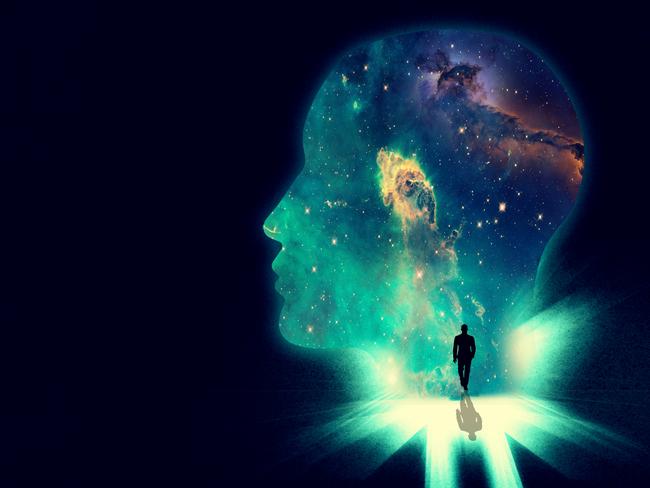
“If a person is more in their right hemisphere, more of the time, sensing their own inside signals, and the world around them, they become a better person – as a parent, partner, or leader. The right hemisphere is softer, more open, but much more intelligent because it has all the data. It tells you who you can trust, and how to care for others specifically and sensitively.
“For a parent, it helps because as we ‘downregulate’ by tuning into our body, to our Wild Creature Mind, then we ‘coregulate’ our children – they just unconsciously calm down around us.’’
And this starts from the earliest beginnings.
“Alan Schore, the best child development researcher in the world, says we actually build our children’s brains, especially in babyhood, by their right hemisphere tuning in to ours, and learning to be safe, happy, playful, and bounce back from anxiety,’’ Biddulph says.
“All we have to do is slow our lives down, and delight in their existence, but it means making motherhood and fatherhood much more secure and safe. Proper leave, proper housing. And that means more equitable distribution of wealth.’’
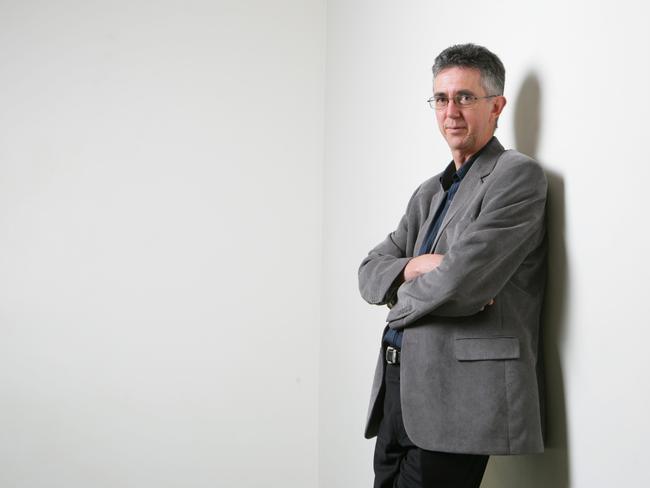
He says Wild Creature methods can be “first aid for anxiety”. But they have a deeper role, with unpacking trauma.
“There is a story in the book about a paramedic called James, who is on the brink of losing his job, and perhaps his marriage too,’’ Biddulph explains.
“He has massive anxiety. His therapist is a very steady and intense but relaxed woman, who gains his trust over several sessions. But one day she asks him where in his body he feels bad. He says it is around his heart. She asks him to give it some room, to welcome the sensation as wanting to help him. It starts to move upwards, to his surprise, into his throat. Like a strangling tight feeling. She asks him to make a soft sound through his throat, and suddenly he is weeping and sobbing. She sits close but gives him time.
“Eventually he calms, and she asks what he is experiencing. He says the name of a small girl, who died in the ambulance after a pedestrian accident. His right hemisphere has let him know the actual cause, out of hundreds possible, of his pain. Our mind does this sorting, and weaves a way back to health. Once it is known, it is not so hard to find what to do to make things right.
“One day, and I am finding this myself, we just walk and go about our lives with our Wild Creature always present, like a panther padding along beside us, or a timid little bear cub needing shelter, so we are completely in our own skin, and five times more present to each other and our kids and the world. That is the aim of the book – a better and infinitely gentler way of being in the world.’’
Another story he shares in the book is that of an adolescent called Ellie.
“I knew of so many thousands of teenagers, especially girls, who were being crippled by anxiety,’’ Biddulph says.
“Ellie in the book, is so typical. Her mother hears strange noises in the middle of the night, and finds her sobbing and shivering on the bathroom floor. They somehow find a really good counsellor, and she teaches Ellie about Wild Creature Mind. And she helps Ellie find her power and voice.’’
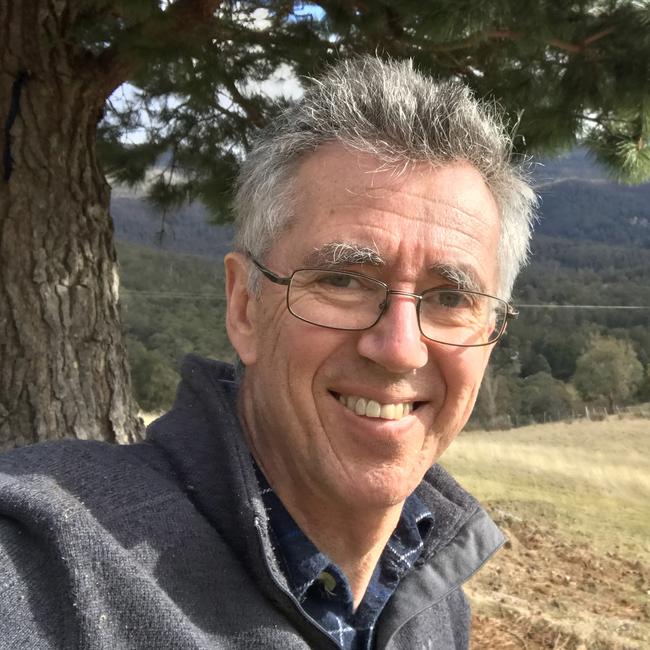
Through practical exercises, Biddulph hopes to help others find their power and voice.
“Iain McGilchrist discovered the reason we have two minds, and compiled thousands of studies to back it up,’’ he says.
“But apart from saying we need to be a more right-brained society he did not say what to do about it. The exercises in the book come from my therapist colleagues researching how to use body signals to cure anxiety and resolve trauma.’’
He says the exercises are simple enough to be used with children, but are equally useful in adults.
“Anxiety can be best understood as our Wild Creature right hemisphere shouting at us to get our attention,’’ Biddulph says.
“It is our friend, that is the most important thing to realise. If a child feels awful for some reason, you can ask them ‘Where in your body does that feeling live?’ They will always be able to tell you. Sometimes even what colour it is, and how it is moving or what shape it has, and the qualities – squirmy or tight, or sharp, or hot or cold. This describing helps them to separate from it a little. That it is ‘something inside me’ that is anxious (or angry, or sad), it’s a part of me, not all of me. And when they are settled and able to tell you about it, you can ask ‘What do you think it is wanting to say to you?’.”
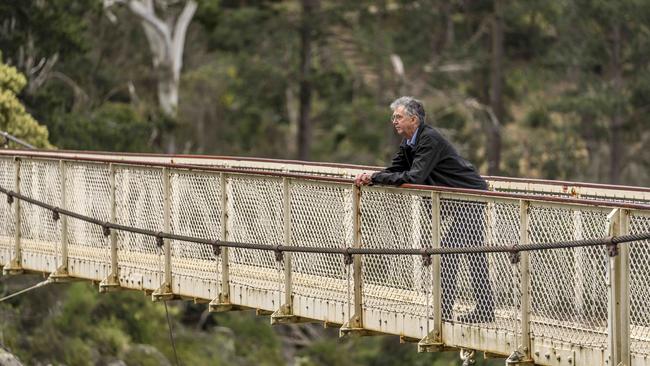
Biddulph says this may sound odd at first, “but is absolutely backed up by the science – that our two hemispheres are starting to converse. It is like you are coaxing a shy creature out of the thickets of your mind. And when this side of you feels safe, and listened to, then it does one of two things. It completely relaxes, so the anxiety goes away. Or it resolves into some action or answer that you needed to know. I would use this several times a day at least. It is wonderful help.”
Often labelled as a parenting guru, Biddulph considers that moniker “silly”.
“I only ever offer ideas and thoughts, and tell stories,’’ he says.
“People should take what feels right, and makes sense, and leave the rest, then we are on safe ground.”
Despite his huge success, Biddulph – who has Asperger Syndrome, a form of Autism Spectrum Disorder, and initially became interested in psychology as he felt it could help him talk to girls – remains humble about his achievements.
“I never feel very special,’’ he says.
“As I know how much I struggle, and depend so profoundly on other people to help me find my way. It is the message of the book too – we humans are team creatures – we are not like solitary wombats leaving little piles of poo to impress the neighbours. We are like orcas, or elephants, best in a group, helping each other along. It is a left hemisphere trait to say ‘look at me – I am right, I am so cool’ and a terrible trap. That is the service Donald Trump did the world, to show what an absolute train wreck a human being can be if they are dominated by Self. It can be entertaining to watch the crash but then everyone is hurt.”
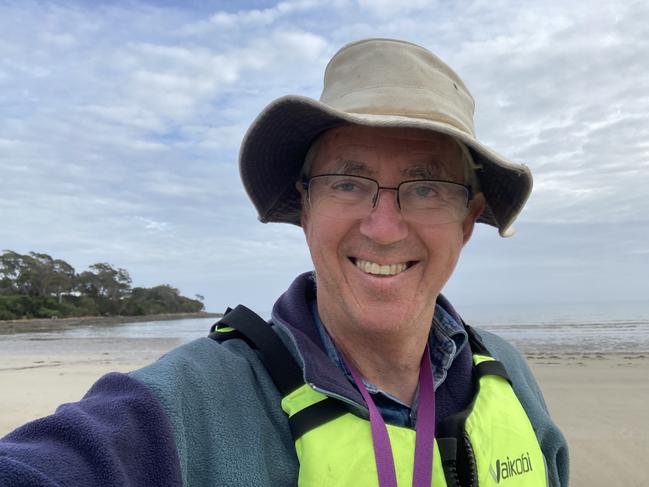
Biddulph says he loves life in Tasmania and is thankful to have made a home here.
“I came to Tasmania when I was young because I was in love with a Tasmanian girl, but also because we believed in living a non-consumer driven life, closer to nature, building community,’’ he says.
And while his book-writing days are likely over, Biddulph says he’s got other pursuits he’d like to focus on.
“I love anything to do with water,’’ he says.
“Ocean swimming, kayaking, boogie boarding’’.
He says “making music”, “dancing wildly under the moon”, “telling stories” and “making children laugh’’ are also on his wishlist.
“Breathing is a thing I hope to continue for a while longer yet!,’’ Biddulph says.
“And”, he adds with a laugh, “maybe another last-ever book”.
Wild Creature Mind, by Steve Biddulph (Macmillan Australia, $36.99), will be available from August 27. wildcreaturemind.com
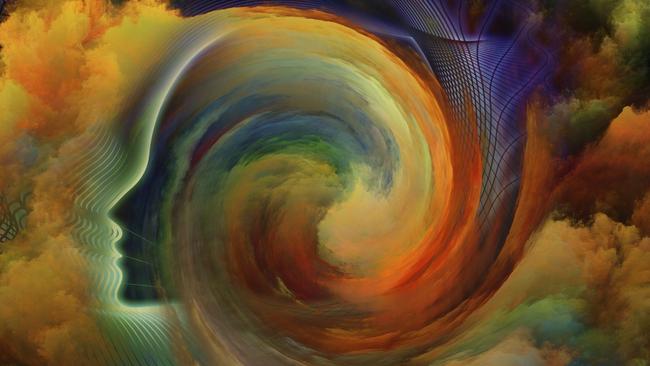
EXERCISE ONE
HOW TO LISTEN TO YOUR
WILD CREATURE MIND
• Choose two people you know well. It might be your children, parents, friends or neighbours.
• Take one of those two, and picture them in your mind. Their face, maybe even the sound of their voice.
• As you do that, go down in your body, and notice what happens. What sensations you feel. (Not emotions, but sensations which are underneath them). Where you feel in your throat, heart, belly and so on, twinges or tightenings, or tiny changes – usually there will be several things going on at once. Do they change as you notice them?
• When you are ready, go to the second person you chose, and do the same thing. Picture them, their face, their voice, and check out your body responses. How they are similar, and how they are different.
• These signals in your body come from your right brain, as it does what it was designed for, to give a kind of executive summary of where you are right now with this person. It is up to the minute, never the same, and it shifts and changes as you pay attention.
• If you have time, focus in on different parts of the sensation, and see what comes into your mind.
• Your two halves of your brain are starting to talk to each other.
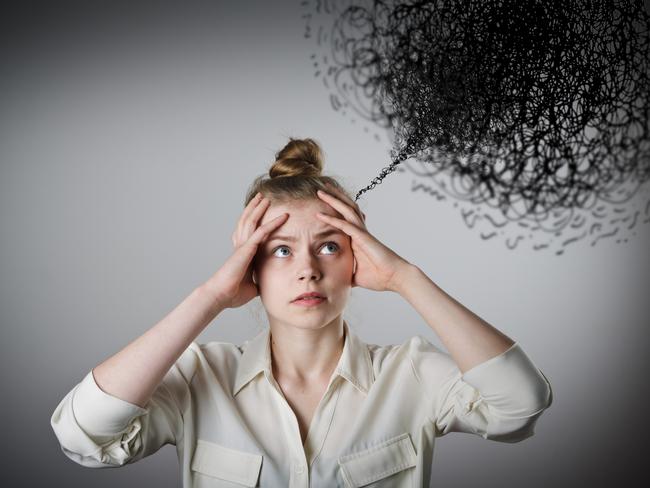
EXERCISE TWO
FIRST AID FOR ANXIETY
• Whenever you have anxiety happen (or any unpleasant emotion), try this. Not to fight the feeling, but to learn what it is trying to tell you.
• First, notice that you are uncomfortable. Then say or think these words “There is something in me … that feels not comfortable”. So you notice it as a part of you and not the whole of you.
• Start to locate where in your body it is. It can be anywhere from your legs to the top of your head, but most often in your torso and midline.
• When you do this, your left brain and right brain begin to disentangle a little. So they can converse better.
• Now send some “welcome” thoughts to those body signals, to that part of you. Instead of fighting it, give it some space. Appreciate that it is part of you wanting to help.
• Find words to describe as best you can the fuzzy or vague sensations – tight, churning, pulsating, thumpy, fluttering, or whatever words fit best.
• As you do this it will change slightly and become more defined, and you will find a better word, or words, for it.
• Like a shy wild creature, it is emerging from the thickets of your mind, and you are gaining its trust. Nine times out of ten anxiety will begin to fade away when you do this. If not, repeat the process. Often what happens is that your feeling changes to something else – grief and tears, shudders and then you feel much better. Sometimes there is a sense of resolve or strength as you know what you want to take action on or change.
• And along with this, insights pop into your head that give you a new understanding. You are starting to get your two hemispheres to work as a team. To help you be more loving and strong.
•

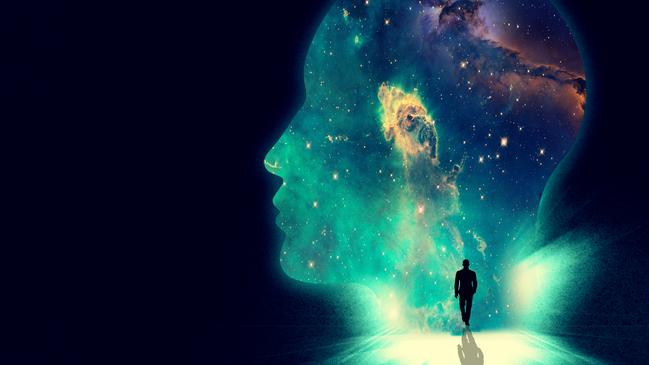
Add your comment to this story
To join the conversation, please log in. Don't have an account? Register
Join the conversation, you are commenting as Logout
Luxury Stanley villa with a million-dollar view
“This house is fancy,” my eight-year-old exclaimed, eyes wide as we stepped inside the luxury two-storey Stanley villa that would be our home for two nights. “Is this how millionaires live?”
Seafood institution carves up a stunning ceremonial feast
Four-course, hook-to-plate dinner is a toast to sustainable fishing and winemaking, as well as our Tasmanian way of life – all to coincide with a celebration of the Off Season – writes Alix Davis